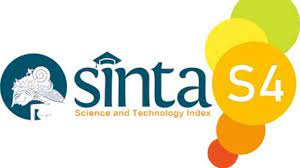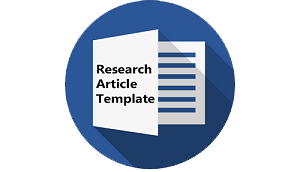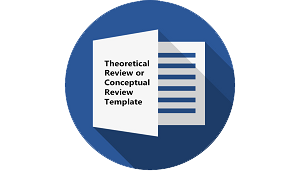Code Switching in The Calling Novel
DOI:
https://doi.org/10.30957/ijoltl.v8i2.731Keywords:
code switching, novel, the CallingAbstract
One of the language phenomena that the writers encounter a lot these days is code switching. Code switching, or a switch from one language to another one while talking, is usually used by the bilingual and multilingual society. The objectives of this research are to find out the types of code switching and the reasons behind them being used by the characters in the novel. The writers use descriptive qualitative information on conducting this research. Books and theories of experts on Sociolinguistics are used as the frame of the study. The source of data is obtained by reading the whole content of the novel, focusing on the utterances and dialogues by the characters. When all is done, the writers finally know that from 4 types of code switching, inter-sentential switching is the most used type. The writers find out that of all reasons, the most common one behind the use of code switching is for the intention of clarifying the speech content for the interlocutor.
Downloads
References
Ameliza, T. C., & Ambalegin, A. (2020). Code Switching Analysis in English Literature Whatsapp Group. Jurnal Basis, 7(1), 141. https://doi.org/10.33884/basisupb.v7i1.1837
Candra, L. K., & Qodriani, L. U. (2018). An Analysis of Code Switching in Leila S. Chudori’s For Nadira. TEKNOSASTIK, 16(1), 9–14.
Isaac, S., & Michael, W. B. (1995). Handbook in Research and Evaluation: A Collection of Principles, Methods, and Strategies Useful in the Planning, Design, and Evaluation of Studies in Education and the Behavioral Sciences (3rd Ed). EdITS.
Jayanti, D., & Sujarwo, A. (2019). Bilingual Education In Indonesia : Between Idealism and the Reality. Script Journal: Journal of Linguistic and English Teaching, 4(1), 12–25.
O’Grady, W., & Archibald, J. (2016). Contemporary Linguistic Analysis: An Introduction (8th Ed). Pearson Canada, Inc.
Siregar, M. A., Pardi, Asnani, & Hariani, S. (2018). Code-Mixing and Code Switching in Wylvera W.’s Novel Geranium Blossom: Saat Jarak Menguji Cinta: Their Types and Reasons. The 1st Annual International Conference on Languange and Literature, KnE Social Sciences, 2018, 461–472. https://doi.org/10.18502/kss.v3i4.1956
Downloads
Published
How to Cite
Issue
Section
License
Authors who publish with this journal agree to the following terms:
- Authors retain copyright and grant the journal right of first publication with the work simultaneously licensed under a Creative Commons Attribution-ShareAlike 4.0 International License that allows others to share the work with an acknowledgement of the work's authorship and initial publication in this journal.
- Authors are able to enter into separate, additional contractual arrangements for the non-exclusive distribution of the journal's published version of the work (e.g., post it to an institutional repository or publish it in a book), with an acknowledgement of its initial publication in this journal.
- Authors are permitted and encouraged to post their work online (e.g., in institutional repositories or on their website) prior to and during the submission process, as it can lead to productive exchanges, as well as earlier and greater citation of published work (See The Effect of Open Access).












